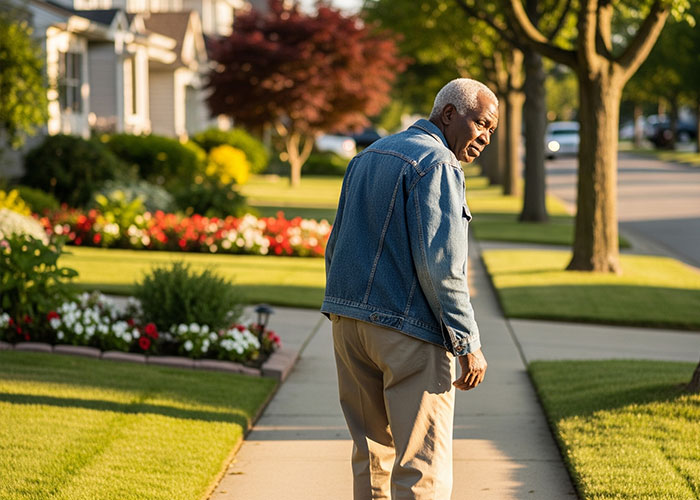Furry Friends: The Benefits of Pets for Seniors

A major challenge for many seniors as they age is loneliness. Being retired can give them a lot of free time to do as they please, but when family and friends are still working, it can mean more time spent alone. Seniors may also have limited access to transportation making getting out and about harder. In turn, this can take a toll on physical and mental health.
One way to help combat loneliness is to get a pet. Seniors often find that adding a dog or cat to their family can be a beneficial change. A pet gives them something else to focus on, a greater sense of purpose and responsibility, and more stimulation. Here are just a few of the perks of owning a pet:
- Sense of purpose: Taking care of a pet is a lot of responsibility. Seniors know that their dog or cat is relying on them for food, water, grooming, care, and attention. Having to walk the dog each morning can give them a reason for getting up out of bed. It can also create a consistent routine for the day giving them something to do.
- Physical activity: Caring for a dog often means taking them out on at least two walks per day. This can be a great way to get seniors moving, which can help with overall mobility. Plus, they can stay active by throwing a ball, playing with feather or string toys, or simply moving around to play with their dog or cat.
- Mood booster: Pets offer endless love and affection. Spending time with a pet can help reduce depression and bring a smile to seniors’ faces. Animals do lots of funny and crazy things that make people laugh, so just watching them can improve mood. Plus, pets don’t judge – they are just there to listen and love you.
- Physical health: In addition to dogs helping seniors be more active, owning a pet can help reduce stress and lower blood pressure as well. The simple acting of petting a dog or cat can ease tension and stress while releasing endorphins to boost mood.
- Help around the house: Even if a dog is not specifically trained as a service animal, that doesn’t mean they can’t learn basic commands and tasks. With a little work and patience, seniors may be able to teach their dog to retrieve things, pick up dropped items, walk right next to them, or help stabilize them as they stand up or sit down.
- Constant companionship: Dogs and cats can be a source of companionship so that seniors know they’re never truly alone. They may not talk back, but they sit quietly and listen, pay attention to what the person is doing, get excited when the senior comes home or wants to play, and are often happy to just sit close.
Caring for a dog or cat can help seniors stay motivated and stimulate their mind. Pets can be a wonderful complement to having an in-home caregiver who comes to assist with day-to-day needs such as cooking, light cleaning, organization, socialization, and other tasks. Plus, a caregiver can make sure the senior remembers to care for their pet and check in on their well-being. Contact Always Best Care today at (855) 470-2273 to schedule a free consultation and learn more about available senior care services.




![10 Senior Living Technologies You Should Know About [+ FAQs]](https://alwaysbestcare.com/wp-content/uploads/2025/06/senior-living-technology-hero-image.jpg)
